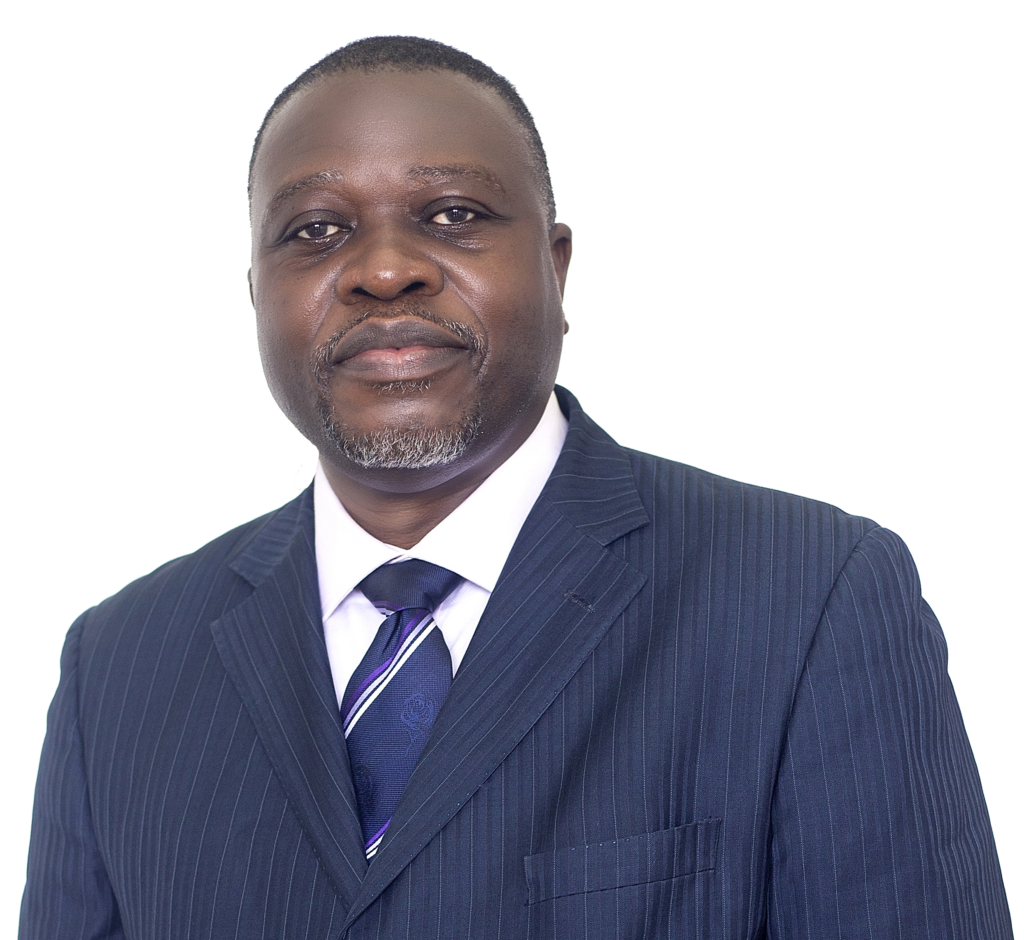In a ground-breaking initiative to strengthen media coverage of nutrition-related issues across Africa, journalists will undergo specialized training organized by African Catalyzing Action for Nutrition (AfriCAN) under the theme ‘Good nutrition starts with me’ is.
The program is led by esteemed board member and director Professor Francis B. Zotor, along with Dr. Charity Binka, a brilliant journalist dedicated to health advocacy, to effectively report on important nutritional issues. The goal is to provide media professionals with the tools and knowledge to do so.
The training program, scheduled to be held in Ho, will provide selected journalists in the Volta Region with a comprehensive understanding of nutrition, its impact on public health, and the role the media can play in promoting awareness and policy change. is promised. Professor Zottor, a renowned expert in nutrition and public health, brings a wealth of experience to this initiative, ensuring participants receive first-class instruction.
“We recognize that journalists play a vital role in shaping public perceptions and influencing policy decisions,” Professor Zottor said. “By providing them with accurate, evidence-based information about nutrition, we aim to bring about positive change in the way these issues are covered and covered in the media.”
The purpose of the training is to provide media with the knowledge, skills and resources necessary to advocate for improved nutrition outcomes within their communities. It also aims to foster partnerships between AfriCAN and youth/media networks for sustainable nutrition initiatives.
Partnering with Professor Zotor is Dr. Charity Binka, a stalwart in health journalism and founder of the African Media Malaria Research Network (AMMREN). Dr. Binka’s dedication to raising awareness of health issues, especially maternal and child nutrition, is recognized nationally and internationally.
“Through this training, we want to enable journalists to effectively communicate the importance of nutrition as a catalyst for improving human health. Our goal is to develop a network of nutrition-savvy media professionals. It’s about nurturing,” Dr. Binka said. Solving important issues, leading to informed public debate and ultimately positive change. ”
The curriculum covers a wide range of topics, including the impact of malnutrition on communities, sustainable food systems, effective communication strategies, and the latest research in the field of nutrition. Attendees can expect interactive sessions, guest lectures from experts, and practical workshops to hone their reporting skills.
The initiative comes at a critical time when the continent faces persistent challenges related to malnutrition, food insecurity and diet-related diseases. Africa aims to elevate the conversation around nutrition and drive meaningful action by providing journalists with the knowledge and resources to report on these issues accurately and sensitively.
Journalists selected to participate in the training expressed enthusiasm for the opportunity to deepen their understanding of the role of nutrition in public health.
“I believe that this training will not only improve my reporting skills but also enable me to contribute meaningfully to the nutrition debate,” said one participant. “As journalists, we have a responsibility to shine a light on these critical issues, and we want to learn from experts like Professor Zotor and Dr. Binka.”

This training program highlights our commitment to advancing nutrition education and advocacy across the continent. Together with a new cadre of knowledgeable and empowered journalists, we look forward to driving positive change and improving the health status of all Africans.

As the program progresses at Ho, the stage is set for a new era of media coverage that puts nutrition at the forefront of public discussion. Professor Zottor and Dr. Binka, champions of nutrition in Africa, are poised to lead the way towards a healthier and more informed future for the continent.
This training is an important milestone at the intersection of journalism, public health, and advocacy, and participants are passionate about amplifying the voices of people affected by nutritional issues. Similar training has already been planned for 50 young people in the Volta region.
Nutrition Promotion in Africa (AfriCAN)
Africa Catalyzing Action for Nutrition (AfriCAN) was born out of this sense of crisis and the belief that political will and action can only be sustained through the will and action of the people.
People’s will and behavior can only be maintained through communication, education, and appropriate and appropriate information.
African approach
AfriCAN takes a collaborative approach to working with traditional and non-traditional partners to support improved nutrition.
AfriCAN’s approach is therefore to inform, educate, advocate and inspire action at all levels. The goal is for communities to become “nutrition literate” with the knowledge, skills and will to improve their nutritional status.
Disclaimer: The views, comments, opinions, contributions and statements made by readers and contributors on this platform do not necessarily represent the views or policies of Multimedia Group Limited.
Source link

